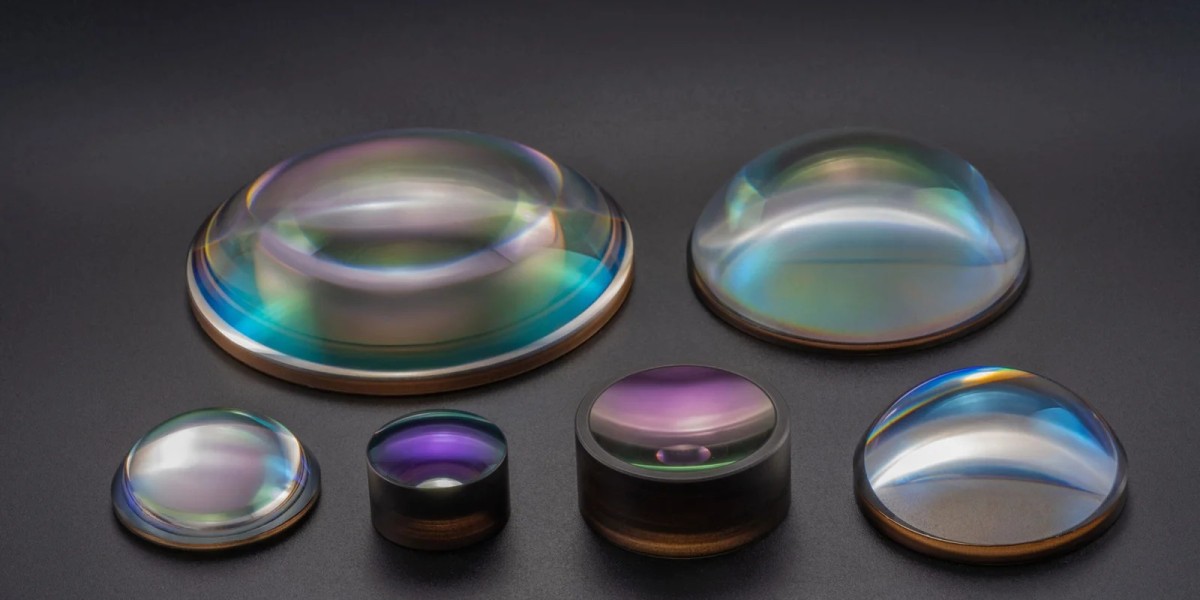From consumer electronics to scientific instrumentation, the demand for precise and reliable optical components has never been higher. At the heart of many high-performance optical systems lies the glass spherical lens—a critical element used to focus, direct, or modify light. Its accuracy, durability, and versatility make it indispensable across a wide range of industries, including medical imaging, surveillance, laser systems, and more.
What is a Glass Spherical Lens?
A glass spherical lens is an optical lens with a spherical surface, either convex (positive), concave (negative), or a combination of both. These lenses are designed to converge or diverge light efficiently, with minimal distortion. Crafted from high-grade optical glass, they offer excellent clarity, light transmission, and thermal stability.
Spherical lenses are among the most commonly used lens types, thanks to their simple geometry and ease of integration into various optical assemblies.
Key Benefits of Glass Spherical Lenses
1. High Precision and Clarity
Made from optical-grade glass, these lenses deliver excellent image clarity and minimal aberration. This makes them ideal for high-resolution imaging applications.
2. Thermal and Mechanical Stability
Glass spherical lenses maintain their shape and optical performance even under changing environmental conditions, including heat and humidity.
3. Versatile Applications
They are suitable for both simple and complex systems, including telescopes, cameras, microscopes, and laser optics.
4. Cost-Effective Design
Due to their symmetrical shape, spherical lenses are easier to produce than aspheric lenses, often making them a more affordable option for many applications.
5. Customizable Options
Available in various diameters, focal lengths, and coatings, glass spherical lenses can be tailored to meet the specific requirements of different industries.
Common Industry Applications
- Medical Imaging and Diagnostics
Used in endoscopes and diagnostic devices, these lenses enable sharp visualization of internal organs and tissues.
- Consumer Electronics
Glass spherical lenses play a vital role in smartphone cameras, webcams, and virtual reality headsets, offering compact solutions with high-quality optics.
- Industrial Inspection
From quality control systems to machine vision applications, spherical lenses enhance accuracy and consistency in imaging.
- Laser and Optical Instruments
In laser focusing systems, these lenses help direct beams with high precision, ensuring performance and safety.
- Security and Surveillance
Security cameras use spherical lenses to capture wide-angle, high-resolution footage in varying lighting conditions.
Where to Find High-Quality Glass Spherical Lenses
For those seeking premium-grade optical components, ARV Optical offers a dependable selection of glass spherical lens solutions. Engineered for precision and durability, their lenses are ideal for developers, researchers, and manufacturers looking to enhance their optical systems with reliability and performance.
Conclusion: Precision You Can See
A glass spherical lens may seem like a simple component, but its impact is enormous. By enabling sharp focus, accurate imaging, and stable light manipulation, it remains a fundamental part of any advanced optical system. Investing in high-quality spherical lenses means investing in clarity, performance, and long-term success.







